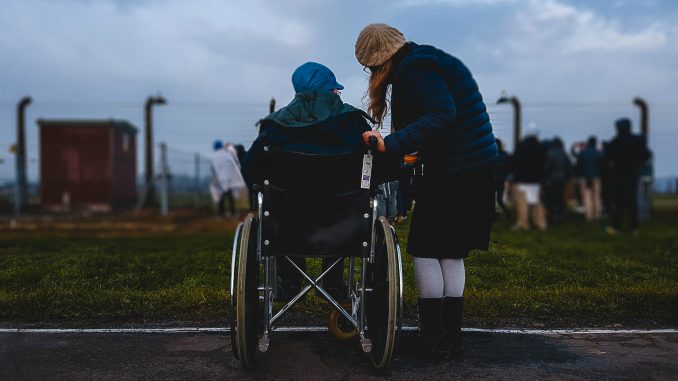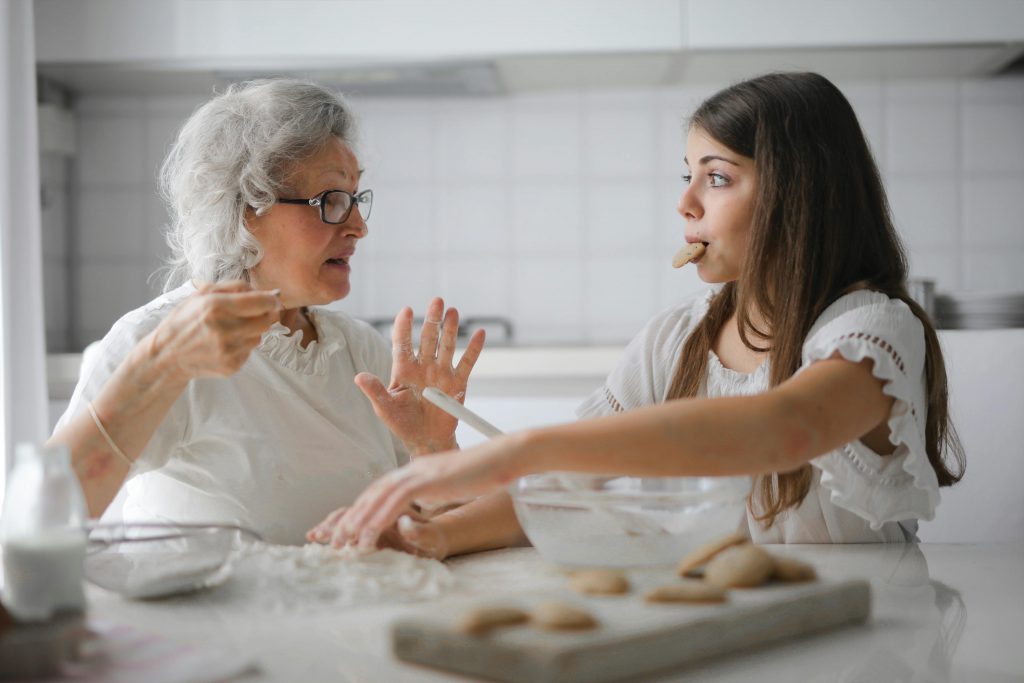

- Offer practical assistance and organize medications for a smooth transition from hospital to home.
- Provide emotional support to help elderly loved ones cope with the changes and recovery process.
- Encourage social connections with friends, family, and community groups to combat loneliness and isolation.
- Consider hiring professional home health care providers for comprehensive care and additional companionship.
Transitioning from a hospital stay back to the comfort of home can be a challenging process, especially for elderly loved ones. It’s essential to ensure a smooth and successful transition by providing the proper care and support during this critical time. This blog will discuss essential transitional care tips for elderly individuals returning home from the hospital.
Communication Is Key
One of the most important aspects of transitional care is effective communication between healthcare providers, caregivers, and the elderly individuals themselves. Make sure everyone involved in the care process is on the same page regarding medications, follow-up appointments, and any specific needs or concerns. Regular check-ins and updates can help prevent any misunderstandings or gaps in care.
Create a Safe and Comfortable Environment
Ensure your loved one’s home is safe and comfortable for their return. This ensures that they have a lower risk of accidents or injuries, especially if they are still recovering from an illness or surgery. Here are four steps to create a safe and comfortable environment for your loved one:
Remove Any Trip Hazards
Removing any potential trip hazards, such as loose rugs or cords, can reduce the risk of falls in the home. You may also consider installing handrails on stairs and in the bathroom for added support.
Make Necessary Modifications
For elderly individuals with mobility issues, making modifications to their homes can significantly improve their quality of life. This may include adding a stairlift, walk-in shower, or ramps for easier access.
Keep Emergency Numbers Handy
Make sure your loved one has easy access to important emergency numbers, such as their doctor’s contact information or the local hospital. This can help them quickly get assistance in case of an emergency.
Ensure Adequate Lighting
Proper lighting is essential for seniors to navigate safely and easily in their homes. Make sure all rooms are well-lit, especially at night, to prevent any accidents or injuries.
By ensuring a safe and comfortable home environment, you can help your loved one feel more at ease and independent in their own space. This will also give you peace of mind, knowing that they are less likely to experience any accidents or injuries while living alone.
Medication Management
It’s common for elderly individuals to be prescribed multiple medications following a hospital stay, which can be overwhelming to manage on their own. Help your loved one organize their medications using pill organizers or medication reminder apps. Ensure they understand how and when to take each medication, as well as any potential side effects or interactions to watch out for.
Provide Emotional Support
Transitioning from a hospital setting back to home can be emotionally taxing for elderly individuals, especially if they are dealing with a chronic illness or disability. Offer emotional support by listening to their concerns, validating their feelings, and encouraging them to express any fears or anxieties they may have about returning home.
Reassure them that you are there to help every step of the way. Additionally, consider enlisting the help of a professional therapist or counselor to provide extra emotional support for your loved one during this transition. Choose someone who specializes in working with seniors and understands the challenges they may face.
Foster Social Connections
Loneliness and isolation can have a negative impact on an elderly individual’s physical and mental well-being. Encourage your loved one to stay connected with friends, family members, or community groups that offer social support. Plan regular visits or outings to keep them engaged and connected with others, which can help reduce feelings of loneliness and improve overall quality of life.
You can also hire a professional home health care provider to provide companionship and assist with daily activities. This can help your loved one feel less isolated and give you peace of mind knowing that they have someone watching over them. Choose a home health care provider that is experienced in working with elderly individuals and has a positive reputation.
Supporting an elderly loved one during their transition from hospital to home requires a multifaceted approach, encompassing practical assistance with daily tasks, emotional support, and fostering social connections. By organizing medications, offering emotional support, and encouraging social engagements, we can ensure their homecoming is comfortable and nurturing.
Remember, seeking the assistance of professional home health care providers can also be invaluable in providing comprehensive care and peace of mind. Ultimately, our aim should be to create an environment where our loved ones can thrive, feeling supported, connected, and cared for every step of the way.

